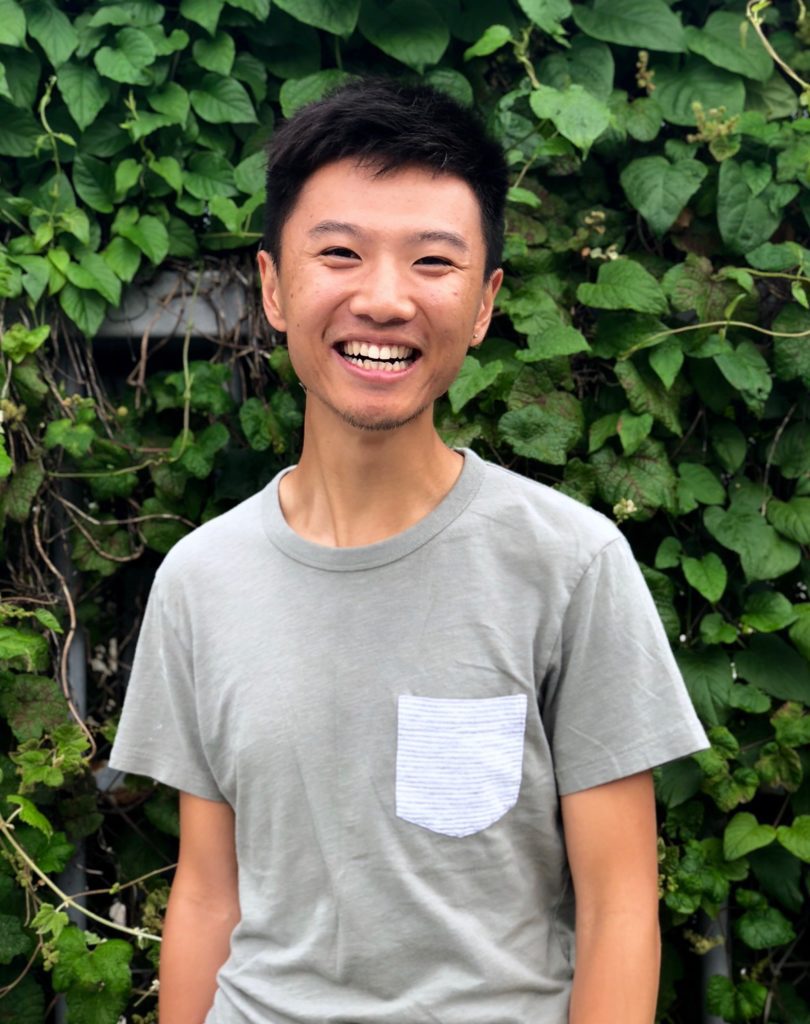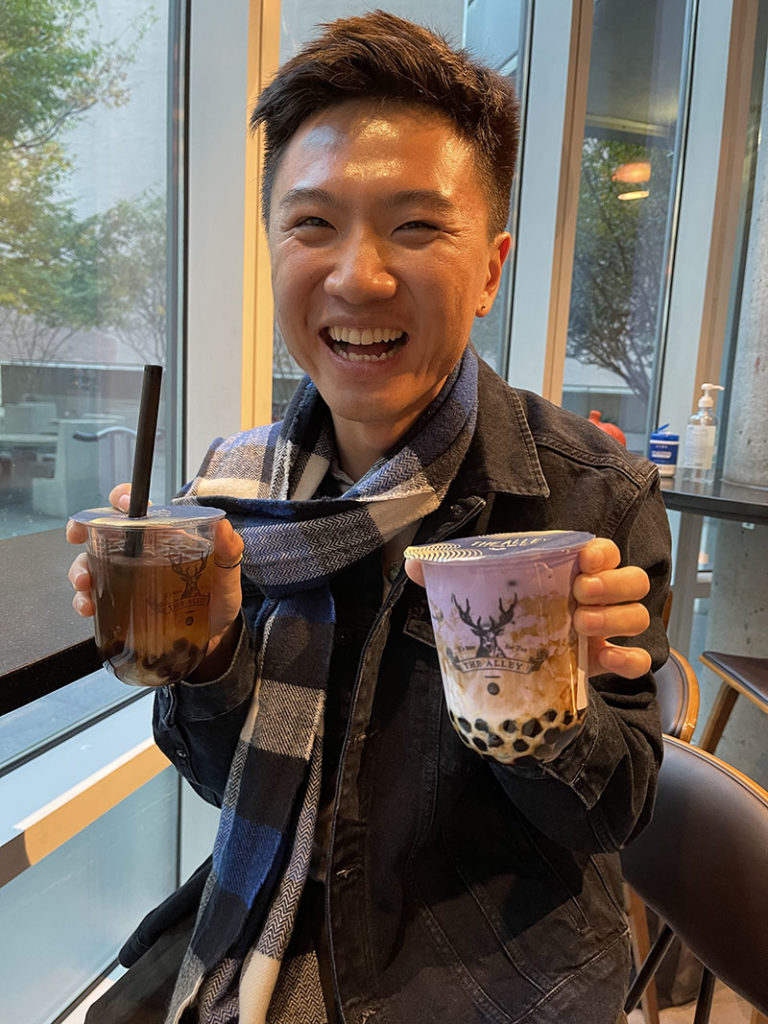
Faculty Profile: Max Li on a fear of flying, mentoring students, and the excellence of U-M Aero
We sat down with Max to learn more about our new faculty member and welcome him to the Aerospace community at U-M. Here’s what we learned!

We sat down with Max to learn more about our new faculty member and welcome him to the Aerospace community at U-M. Here’s what we learned!

Max Li is currently a Visiting Assistant Professor in the Aerospace department and begins his role as an Assistant Professor in the Fall of 2022. He comes to us from MIT, where he finished his PhD in 2021 after attending the University of Pennsylvania for his undergraduate and master’s degrees. Before he joins us full time, he’s serving as National Airspace System Senior Data Scientist with the National Airspace System Future Vision & Research Team at MITRE’s Center for Advanced Aviation System Development (CAASD).
We sat down with Max to learn more about our new faculty member and welcome him to the Aerospace community at U-M. Here’s what we learned!
What drew you to U-M Aerospace and how do you hope to help make it even better?
When I came here to visit, I was so impressed with the incredible breadth of faculty research and expertise in all things that fly and are in space. I am thrilled that these are my new colleagues who can introduce me to areas I would never have been able to pursue at other universities in this way. The College of Engineering is also incredibly strong in collaborative research and resources; I see myself taking advantage of cross departmental opportunities in the future.
I’m excited to join Aero because this department is so incredibly esteemed in traditional aerospace fields and I want to bring additional perspectives to this work. Once we build advanced aircraft, we need to be leaders in the networks and systems that these vehicles operate within. I hope to bring new research and pedagogical directions in air traffic control, air management, and the control/analysis of large-scale networked infrastructure. In particular, I will focus on three areas: Advancing methods of analyzing and optimizing these complex aerospace systems, the impact of policies and regulations and influences on future policy, and giving student researchers the tools to be future leaders in terms of the next generation air transportation system.
What do you research and why?
I was very scared of airplanes and air travel as a child. When I was 6, my parents and I emigrated from China right after 9/11, and I was terrified of such a long, daunting transpacific flight. To overcome this, I adopted a ‘know your enemy’ mindset: if I learned more about what I was afraid of, hopefully it wouldn’t be so scary. The more I learned about this space – be it aircraft, airports, air traffic control, baggage handling, prepping a flight before departure – it all became incredibly fascinating to me! That was the start of me becoming an aviation hobbyist. I’d go plane spotting to spot specific aircraft, and listen to air traffic control radios.
Naively, I thought the only career options were being a pilot or flight attendant, neither of which quite fit my interests. Then, I met a professor in my first year of college and she introduced me to the world of aviation research. That led to me applying my engineering and math skills to improve/build/modify/critique the commercial aviation system. From there it has been a whirlwind of a journey from undergraduate to graduate research, to now.
The professor who opened my eyes to aviation research ended up being my undergraduate and masters advisor, as well as a member on my PhD committee. Seeing how she, along with my PhD advisor, mentored and guided me solidified my interest in academia. At the end of the day, doing research and working with students is such a unique experience that I’m not sure I could quite recreate in any other job – I am so excited for all of it.
What have been the highlights of your career so far?
For me, the most exciting accomplishment was to present my research at all sorts of international forums, from Vienna to Singapore and in between. Not only have I been able to travel to amazing destinations, but it’s been great to interact with researchers doing similar work in other countries and settings. It’s been helpful to learn about different terminologies, methodological perspectives, policies and regulations, constraints and issues. That has been awesome and eye-opening.
I’ve also been fortunate to mentor undergraduate, masters, and PhD students, which was an incredibly rewarding opportunity to see them go through the journey and celebrate their accomplishments throughout the way. It’s truly a highlight seeing what they’ve done and saying to myself that I can be this leader for others.
What do you want aerospace students to know about you?
I would love to talk about any technical topic related to airlines, airports, air transportation, aviation research, how such research fits within the larger picture of the transportation and other critical infrastructures. I look forward to being a resource for anything students would like to discuss.
Above and beyond the act of being a resource is being a human being. At the end of the day, I’m a person, just like our students are. I have strengths and flaws like they do. I can empathize if I have common experiences, or just be an ear for them. Literally a year before I started teaching, I would have been exactly in their shoes. I want to be a resource for both academic things and for the challenges of being a student.

What do you do for fun?
I love hockey. I’ve played since I was about 7. Nowadays I hit the rink more to just skate around than to play hockey, but it is one of my favorite sporting activities. When the weather is nice outside, I also play a lot of tennis as well.
I caught the travel bug young, and I enjoy international travel when I can. I did a tour of various countries in Asia after I finished undergrad and I’ll never forget the food, walking around, and examining everything. It is fascinating as a person and as a researcher.
I also love bubble tea – if anyone has a great place for bubble tea in Ann Arbor, let me know!
Learn more about Max at his bio on the website. Max’s new research lab is LATTICE, the Laboratory for Air Transportation, Infrastructures and connected environment.